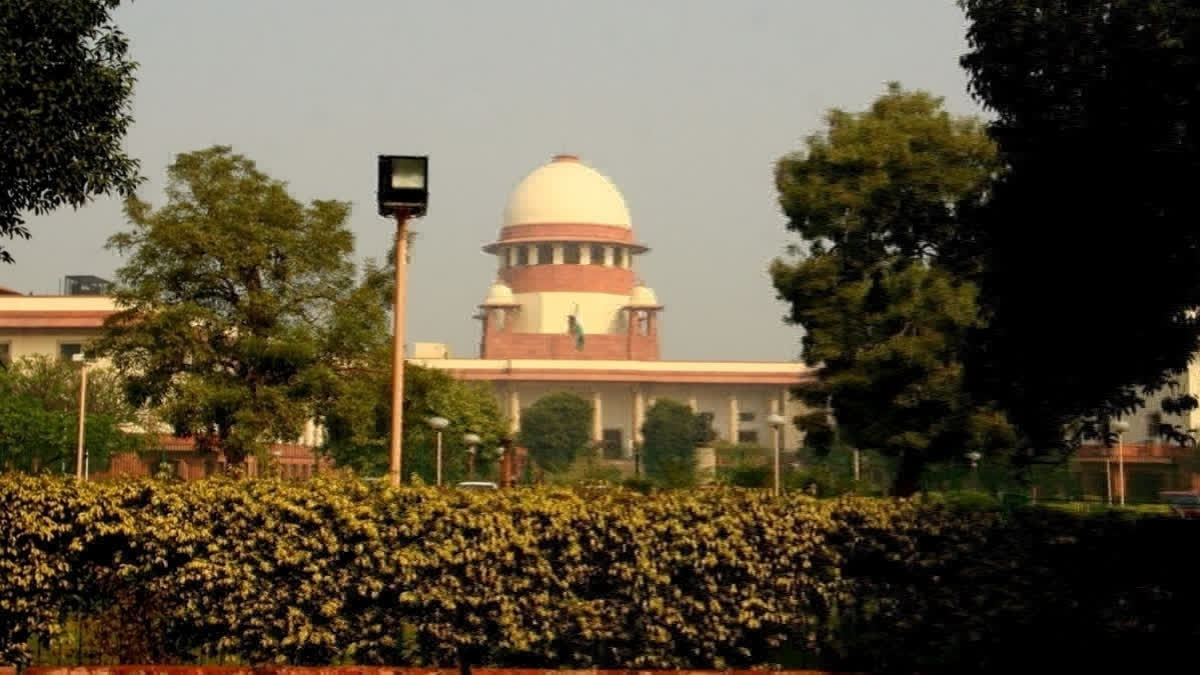New Delhi: The Supreme Court on Monday expressed its discontent over the practice where wives of top bureaucrats held ex-officio posts in Uttar Pradesh's cooperative societies, saying it is essential to come out of the "colonial mindset".
The matter came up before a bench comprising Justices Surya Kant and Ujjal Bhuyan. Uttar Pradesh government counsel argued that the state was facing resistance from these societies. "They need to come out of this colonial mindset. The state has to come out with model rules for these kinds of societies," said the bench.
The bench said under the Societies Registration Act, the societies which were extended direct or indirect benefits were obligated to follow the model bye-laws/rules/regulations circulated by the state government. "It is for the legislature to bring appropriate amendments and introduce the mode of composition of the governing body and the manners in which such members will be elected…..”, said the bench.
The bench said the amended provision will ensure that there are no provisions in the bye-laws/regulations or policy which reflect colonial mindset of giving ex-officio positions to the family members of administrative authorities of the state, and if there is defiance of such model bye-laws, the society would lose its legal entity.
Scheduling the matter after six weeks, the bench said an appropriate proposal should be drafted and put up before it on or before the next date of hearing. The top court was hearing a dispute relating to the Bulandshahr's Zila Mahila Samiti which has been functioning since 1957. The samiti was given "nazul" land (land parcel leased by government) by the district administration to work for the welfare of widows, orphans, and other marginalised sections of women.
The original bye-laws required the wife of the officiating DM of Bulandshahr district to act as the president. The samiti tried to amend the bye-laws in 2022, making DM’s wife a "patron" to the society instead of its president. However, these amendments were annulled by the deputy registrar. The samiti moved before the Allahabad High Court, but it failed to succeed.



